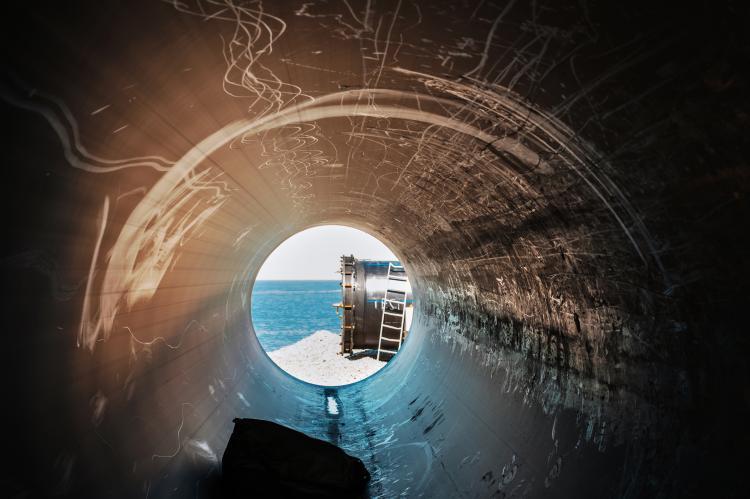US Energy Companies Abandon Atlantic Coast Pipeline

In an announcement shocking in its implications for interstate pipeline development, Dominion Energy and Duke Energy have canceled their Atlantic Coast Pipeline project, a natural gas pipeline that was to stretch hundreds of miles across West Virginia, Virginia and North Carolina, citing "legal uncertainty."
Since the project was launched in 2014 it has come under intense scrutiny from environmental groups concerned about the disruption to the landscape and the impact of further consumption of fossil fuels on air quality.
"This is tremendous news for West Virginians, Virginians, and North Carolinians who deserve clean air, safe water and protection from climate change," Gillian Giannetti, an attorney with the Natural Resources Defense Council (NRDC), said in a statement. "As they abandon this dirty pipe dream, Dominion and Duke should now pivot to investing more in energy efficiency, wind and solar -- that's how to provide jobs and a better future for all," Giannetti said.
US Energy Secretary Dan Brouillette blamed the pipeline's cancellation on "activists." "The well-funded, obstructionist environmental lobby has successfully killed the Atlantic Coast Pipeline, which would have lowered energy costs for consumers in North Carolina and Virginia by providing them with an affordable, abundant, and reliable natural gas supply from the Appalachian region," he said.
Thomas Farrell, chairman of Dominion Energy, summed up his company's frustration: "This announcement reflects the increasing legal uncertainty that overhangs large-scale energy and industrial infrastructure development in the United States. Until these issues are resolved, the ability to satisfy the country's energy needs will be significantly challenged."

